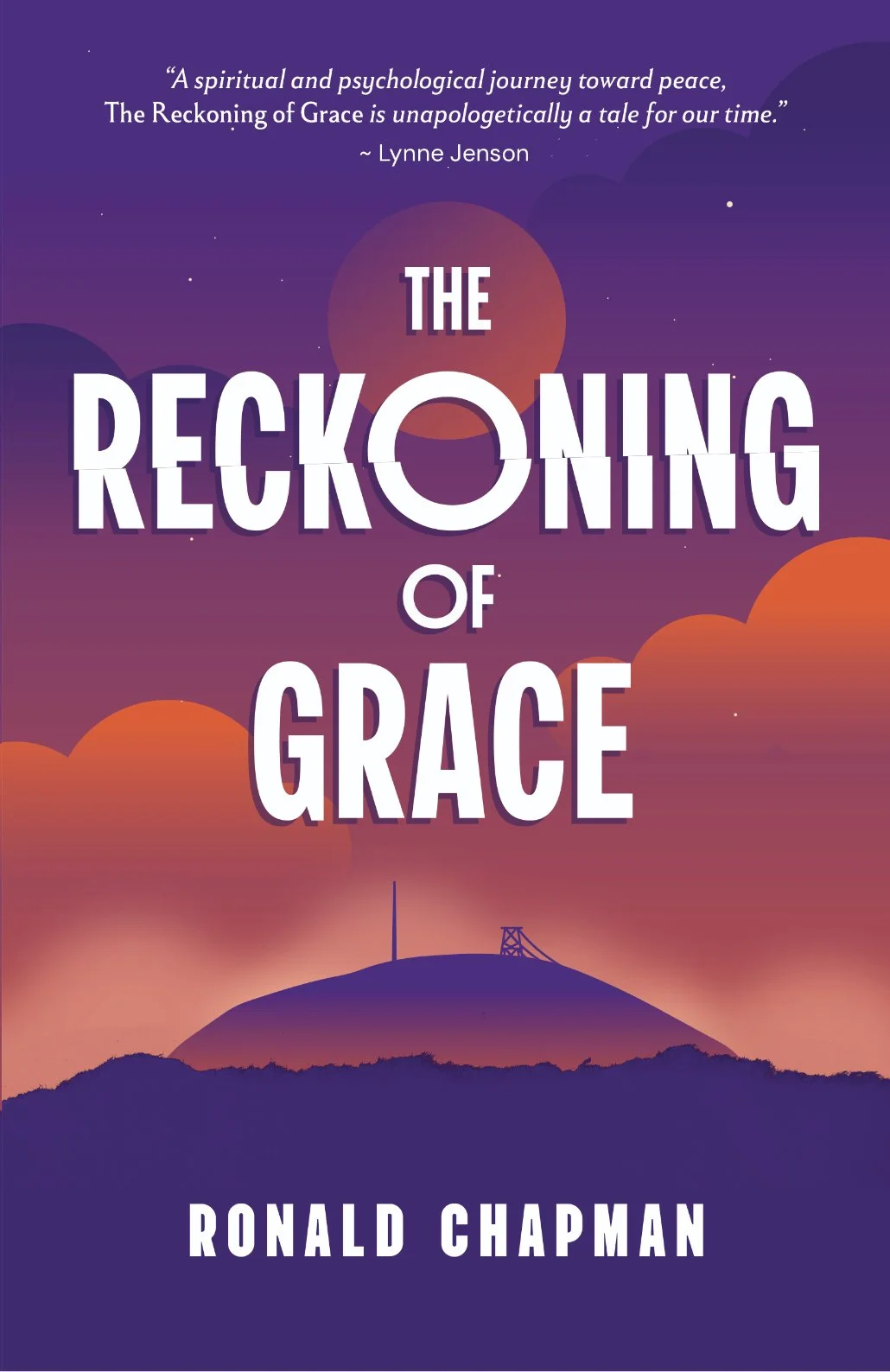Sometimes Sorrow Comes
/What If the Problem is Our Resistance to Reality?
“The pursuit of unattainable illusions is the chief disintegrating factor in people.”
-Rhondell
***
Lately I’ve been in a number of coaching, mentoring and consultative conversations that involve major disappointments that my clients are unable to let go of. Since they can’t release them in order to find acceptance, they are suffering in any number of ways. It’s inevitable. To use a Buddhist notion, anything to which we are attached is bound to be the source of suffering.
Chief among our attachments are our beliefs about how things are supposed to be including ourselves, others, circumstances, our lives and even life itself. It seems we humans are doomed to seek to have reality be different than it is. The result is always difficulty, the pursuit of something that is not or cannot be.
Quite recently, I had an epiphany. It came amid what is arguably a very long run of exceptionally good things in my life. Yet, I have been sensing for a while that something is not quite right.
It’s comes about while I am in a highly transitional life stage. At sixty-three years old, a number of matters are apparent. My daughters are fully into adult stages of their lives, and with that has come the waning of my sense of having a parental role. In some of the communities in which I am immersed, it has become clear that I am losing relevance. Though some people still seek me out, it is clear the tide of relevance is ebbing. It is likewise clear that I am not quite as sharp as once I was, that I peaked a few years ago in terms of my cognition, and some physical skills. Necessarily, I find myself contemplating a design for retirement. While I can’t imagine myself ever walking entirely away from the practices I hold so dear, it is quite clear that transition is coming. And with each annual, medical physical there are a few more things that must be attended.
Now if I were to embrace the common cultural ethic, I’d make the case that “you’re only as old as you feel.” Of course, that is indeed in some ways true, yet it is also self-blinding and reality-denying. If I am utterly average for this American culture, in eleven years I will pass from the earth. In the end (pun intended), some part of living fully comes by accepting mortality.
The result of all this awareness is that a low-grade sorrow has come. Of course, it would. Sorrow is the indicator that we are engaging the inevitable transitions all things face. It is part of the process of internalizing reality. It’s a good thing, not something to be avoided. Indeed, Stephen Levine’s epic work, Unattended Sorrow: Recovering from Loss and Reviving the Heart, makes clear that it is the failure to acknowledge our injuries from life and circumstances that foreshadows end of life difficulties. It seems that the secret is in reconciling ourselves to reality – past, present and future.
Seeing True™
So I come to the question posed by the great depth-psychologist, James Hollis. “What matters most?”
That is no easy question when confronting life transitions, because what used to be important, perhaps for years or decades or even a lifetime, must lose its hold upon us. We must relinquish our attachment or suffer in the clinging.
Seeing True™ in Action
Two mantras from the recovery world bear remembering:
· This too shall pass.
· One day at a time.
And one pithy reminder: Rule 62: Don’t take yourself too seriously.














